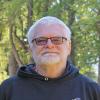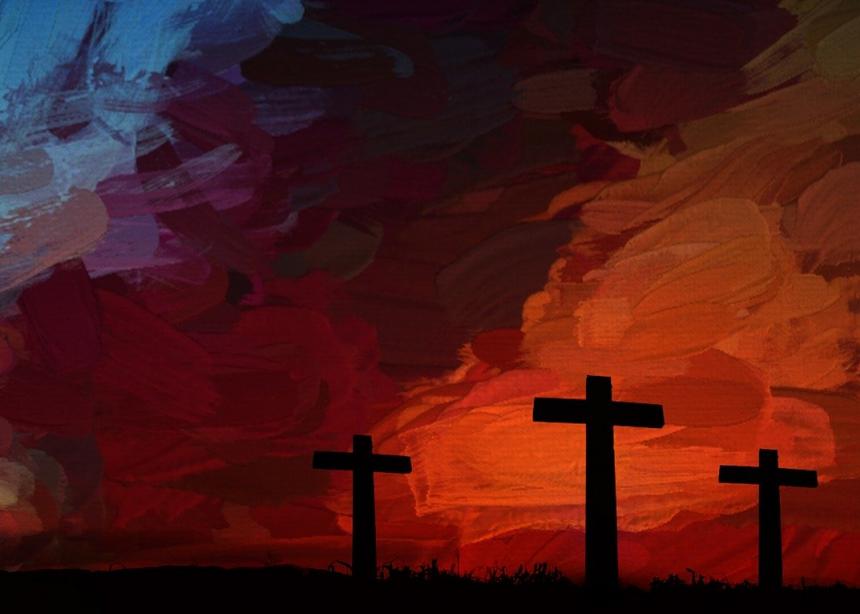Someone told me recently that they had been asked to share their faith journey in a Sunday morning church service. The invitation, however, came with an addendum: “Don’t talk about universalism.”
At the end of that conversation, I reached for my phone dictionary for a definition. “Universalism” is “a theological doctrine that all human beings will eventually be saved.”
I’m a relatively uneducated dolt, but I assume that libraries full of books and years of heated sermons have been penned on this topic. I have only my personal experience to help me sort through the complexities of universalism.
As a young boy, I was sent to church camp, where I noted that being “saved” was interpreted differently than in my warm and inviting church home. Boys in my cabin were heavily pressured to go out in the dark with the counsellor to experience being saved. It seemed as odd then as it does now.
I have always been more intrigued by questions than answers, and, decades ago, I sat with the question of salvation, and how broad its scope should be. Should I and my group—the Christian community—have opinions on the salvation of others? Did the Christian community give something up? Would our experience of God be reduced? Would our message be less relevant if we left the gate open?
As I walked more comfortably and confidently in the Christian life that I was discovering, a central tenet that emerged was that of humility. None of the spiritual life holds together without humility. The image of the Christ being tortured and interrogated in the high courts, while he stood quietly, is a model of whom I feel called to be. Humility is, at its most basic, a deep honesty. I’m called to go there. Without humility, Christianity becomes an exercise in power. The examples are legion.
Having an opinion on the salvation of another person stands in the way of that. When I visit with the imam whose mosque adjoins my church, that conversation loses integrity, loses the quality of mutuality, if I decide in my brain that, ultimately, I’m going to heaven and he is not. Without mutual respect and curiosity, we are not equal.
As my thoughts went in this direction decades ago, there was no clear answer. The question merely receded, to be replaced by more current questions. That process continues.
God has never been revealed to me by finding answers, but rather through the gentle holding of possibilities. Salvation, however I define it, is best pictured nestled in an open hand.
The opening words of this piece—the admonition to not speak of universality—can also be aimed at me. I can accept that. I write columns, and I published a book recounting the beauty of God as God is encountered in all of creation, in all people.
A high-risk sex offender with multiple convictions said to me: “Will you help me? I realize that I can’t change on my own.”
In my own, perhaps unorthodox spirituality, that becomes a story of salvation. It contains humility, repentance, trust and hope. The world becomes a more God-like place. My vulnerable ones, and yours, gain the potential to live with greater freedom and peace.
In this strange time of isolation and pandemic, as numbers of real and estimated deaths spiral skyward, I invite us all to find the peace of the one who calls, “Do not be afraid.”
Ed Olfert (p2pheo@sasktel.net) invites your thoughts.
Read more In the Image columns:
‘O, you gorgeous man!’
'Unusual kindness'
Partying 'behind the wall'
'Tell God I say yes'
Allow a little child to lead you




Add new comment
Canadian Mennonite invites comments and encourages constructive discussion about our content. Actual full names (first and last) are required. Comments are moderated and may be edited. They will not appear online until approved and will be posted during business hours. Some comments may be reproduced in print.